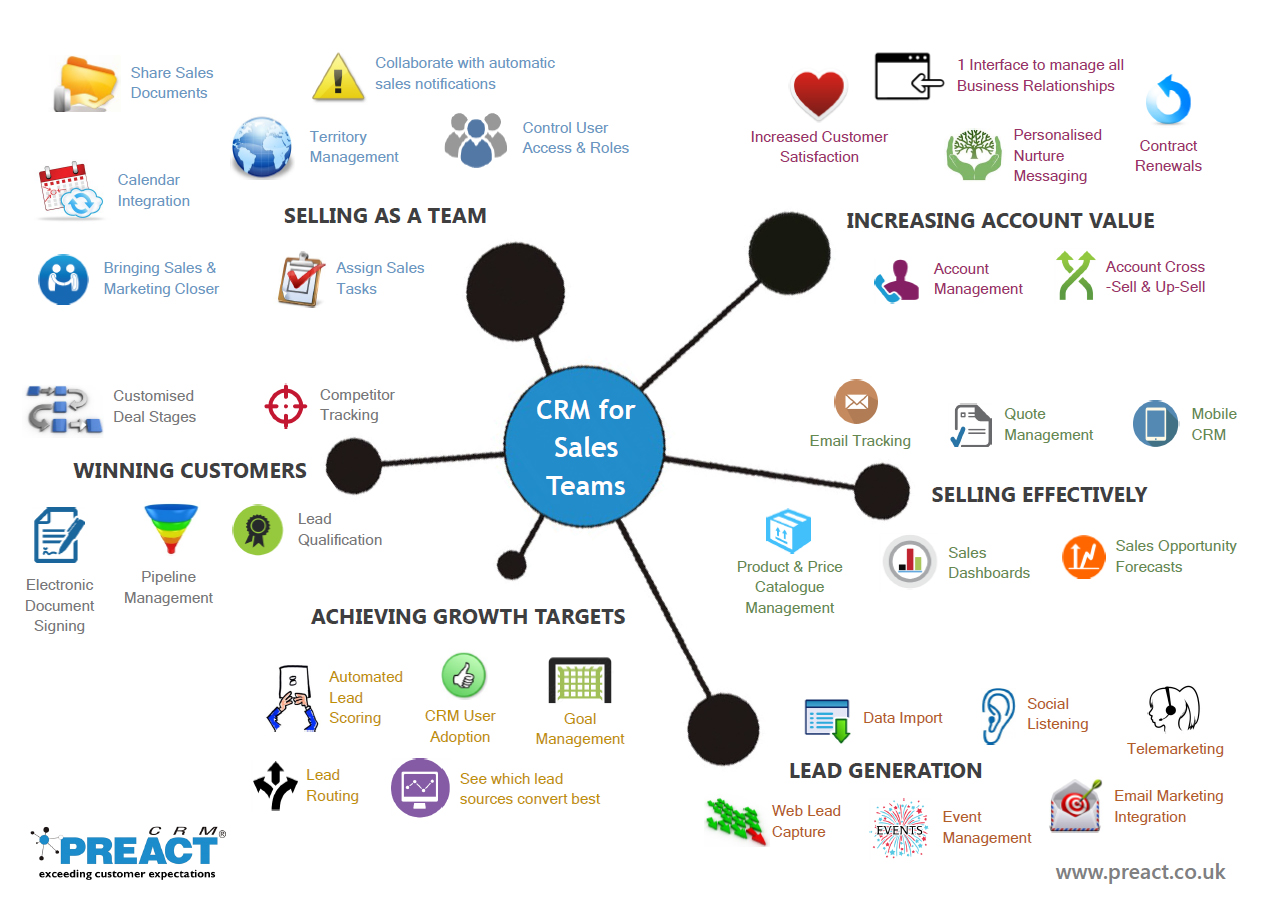Mediation has emerged as a constructive and effective alternative to traditional litigation, especially in the context of divorce. In Massachusetts, the process of divorce mediation has gained prominence as a method to resolve disputes amicably and collaboratively. This article aims to provide a thorough understanding of mediation in MA shedding light on the role of a divorce mediator and the key aspects of the mediation process.
Understanding Mediation in Massachusetts:
Mediation is a voluntary and confidential process where a neutral third party, known as a divorce mediator, facilitates communication between divorcing parties to reach a mutually acceptable agreement. Unlike traditional courtroom battles, mediation fosters open dialogue and empowers individuals to actively participate in decision-making.
Divorce mediation in Massachusetts is governed by specific laws and regulations. The Massachusetts General Laws Chapter 233, Section 23C, encourages the use of alternative dispute resolution methods, including mediation, to settle family law matters. This legal framework emphasizes the court’s support for mediation as an effective means of resolving conflicts related to divorce, child custody, and spousal support.
The Role of a Divorce Mediator:
A divorce mediator plays a pivotal role in guiding couples through the mediation process. These professionals are typically trained in conflict resolution, communication skills, and family law. The mediator remains impartial, ensuring a balanced and fair negotiation environment. Their primary goal is to help parties identify common ground and facilitate discussions that lead to a comprehensive and mutually agreeable resolution.
One of the advantages of utilizing a divorce mediator in Massachusetts is the flexibility it provides. Mediation sessions can be scheduled at the convenience of the parties involved, allowing for a more relaxed and collaborative atmosphere compared to rigid court schedules.
Key Benefits of Mediation in Massachusetts:
- Cost-Effective: Mediation often proves to be more cost-effective than traditional litigation. The absence of lengthy court proceedings and attorney fees contributes to significant cost savings.
- Timely Resolution: Mediation generally takes less time than court proceedings. With focused sessions and a commitment to finding common ground, couples can resolve their issues efficiently.
- Preservation of Relationships: Mediation promotes communication and collaboration, helping to preserve relationships, especially when children are involved. It encourages parties to work together in the best interests of their family.
- Confidentiality: The mediation process is confidential, providing a safe space for parties to express their concerns openly without fear of public disclosure. This confidentiality contributes to a more open and honest dialogue.
- Empowerment of Parties: Mediation empowers individuals to actively participate in decision-making, fostering a sense of control over the outcome. This contrasts with the often adversarial nature of courtroom proceedings.
The Mediation Process in Massachusetts:
- Initial Consultation: The process typically begins with an initial consultation where the mediator explains the mediation process, outlines the roles and responsibilities, and assesses whether mediation is suitable for the specific case.
- Identification of Issues: Parties, with the guidance of the mediator, identify the issues that need to be addressed, such as asset division, child custody, and support arrangements.
- Negotiation and Communication: The heart of mediation involves negotiation and communication. The mediator facilitates discussions, helping parties explore various options and reach compromises.
- Drafting the Agreement: Once an agreement is reached, the mediator assists in drafting a comprehensive agreement that outlines the terms and conditions agreed upon by both parties.
- Court Approval: The final agreement is submitted to the court for approval, making it a legally binding document. The court’s role is primarily to ensure the agreement complies with Massachusetts law.
Potential Challenges in Mediation:
While mediation is a valuable tool for many divorcing couples, it may not be suitable for everyone. High-conflict situations, instances of domestic violence, or significant power imbalances between parties may hinder the effectiveness of mediation. In such cases, alternative dispute resolution methods or traditional litigation may be more appropriate.
Conclusion:
Mediation in Massachusetts has emerged as a constructive and widely embraced method for resolving divorce-related disputes. A divorce mediator serves as a neutral guide, facilitating communication and negotiation between parties to reach a mutually agreeable resolution. The process offers numerous benefits, including cost-effectiveness, timely resolution, preservation of relationships, confidentiality, and empowerment of the parties involved.
As more individuals become aware of the advantages of mediation, it is likely to continue gaining popularity as the preferred method for resolving family law matters in Massachusetts. The legal framework supporting mediation reflects a broader shift towards more collaborative and less adversarial approaches to dispute resolution in the realm of family law. Ultimately, understanding the intricacies of mediation equips divorcing couples with the tools to navigate the process successfully, fostering a more amicable and satisfactory resolution to their differences.




